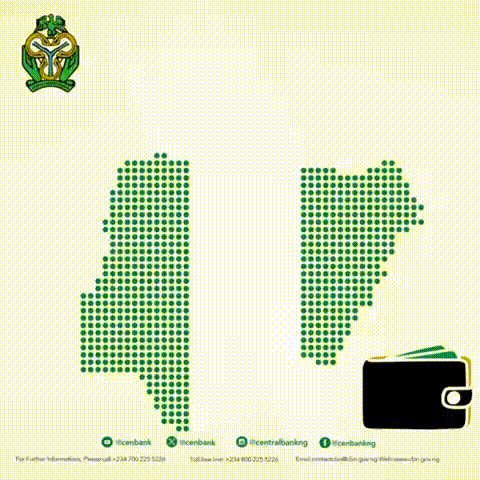
FG Introduces Home Delivery Service for International Passports
By Queen Israel
The Minister of Interior, Dr. Olubunmi Tunji-Ojo, has reaffirmed the ministry’s commitment to introducing reforms that ensure Nigerians, both at home and abroad, benefit from a more secure, efficient, and modernized Ministry of Interior.
During a media briefing in Abuja to mark his first year in office, the minister announced the introduction of home delivery services for international passports. This initiative aims to eliminate the stress of long-distance travel and lengthy queues for passport applicants.
“We have revolutionized the passport issuance process, addressing long-standing frustrations faced by millions of Nigerians,” Dr. Tunji-Ojo said. “A significant milestone was clearing a backlog of 204,332 passport applications, which had left many stranded for months or even years.”
He added, “With our home delivery service, Nigerians no longer have to endure the hassle of traveling to passport offices. Passports are now delivered directly to applicants’ homes, providing relief to thousands.”
The minister also highlighted the implementation of contactless technology by the Nigeria Immigration Service (NIS), which has made the passport application process more streamlined and efficient. “The days of bottlenecks and endless paperwork are behind us. The new system is faster, more transparent, and seamless,” he noted.
Beyond passport reforms, Dr. Tunji-Ojo spoke about the ministry’s broader achievements over the past year. The Nigeria Security and Civil Defence Corps (NSCDC), for instance, has been actively combating vandalism and protecting critical infrastructure, arresting 2,254 individuals involved in illegal activities, with 550 currently facing prosecution and 122 convictions secured. Additionally, the NSCDC has dismantled 150 illegal refineries and 64 oil dumps, significantly disrupting organized crime networks.
Turning to the Nigeria Correctional Service (NCoS), the minister noted several infrastructural improvements aimed at enhancing operational efficiency and inmate welfare. These include the renovation of administrative and kitchen blocks, construction of official quarters, and installation of security features such as perimeter fences.
In specific projects: was in Niger State, the administrative block was renovated and a new kitchen block constructed at Suleja.
In Kano State, an observation tower with a mini-armory was reconstructed.
In Lagos State, a new 96-capacity solid concrete cell block was built at the Kirikiri Maximum Security facility, improving inmate accommodation.
Dr. Tunji-Ojo further mentioned that, through partnerships with the private sector, over 4,000 inmates have been released, reducing overcrowding in correctional facilities by 5% without incurring additional government costs.
Addressing the Federal Fire Service (FFS), the minister emphasized its critical role as the backbone of Nigeria’s emergency response system. He revealed that significant milestones have been achieved, including the remodeling and groundbreaking of the National Fire Academy in Sheda, Abuja. “This academy will be a hub for training, research, and development, ensuring our personnel are equipped with modern skills to handle fire emergencies,” he said.
The minister also announced efforts to pass a new Fire Act to replace the outdated 1963 law, modernizing fire safety protocols and giving the FFS the legal support needed to function effectively. Over the past year, the FFS has improved response times, commissioned new vehicles, upgraded firefighting equipment, and launched fire prevention initiatives across the country, all of which have contributed to saving lives and properties.
In addition to these reforms, the Ministry of Interior has achieved long-overdue promotions within the past year—something that had not been done in the 38-year history of the Civil Defence, Correctional, Fire, and Immigration Services Board (CDCFIB).
“This was not just an administrative process; it was about restoring faith, boosting morale, and ensuring that our officers feel valued and motivated to serve,” said the minister.
The ministry also introduced a 35% recruitment quota for women across all services, promoting inclusivity and reflecting the nation’s diversity. Moreover, the welfare of officers was prioritized through the provision of group life insurance and pension benefits, ensuring that those who serve and protect the country are well cared for.








